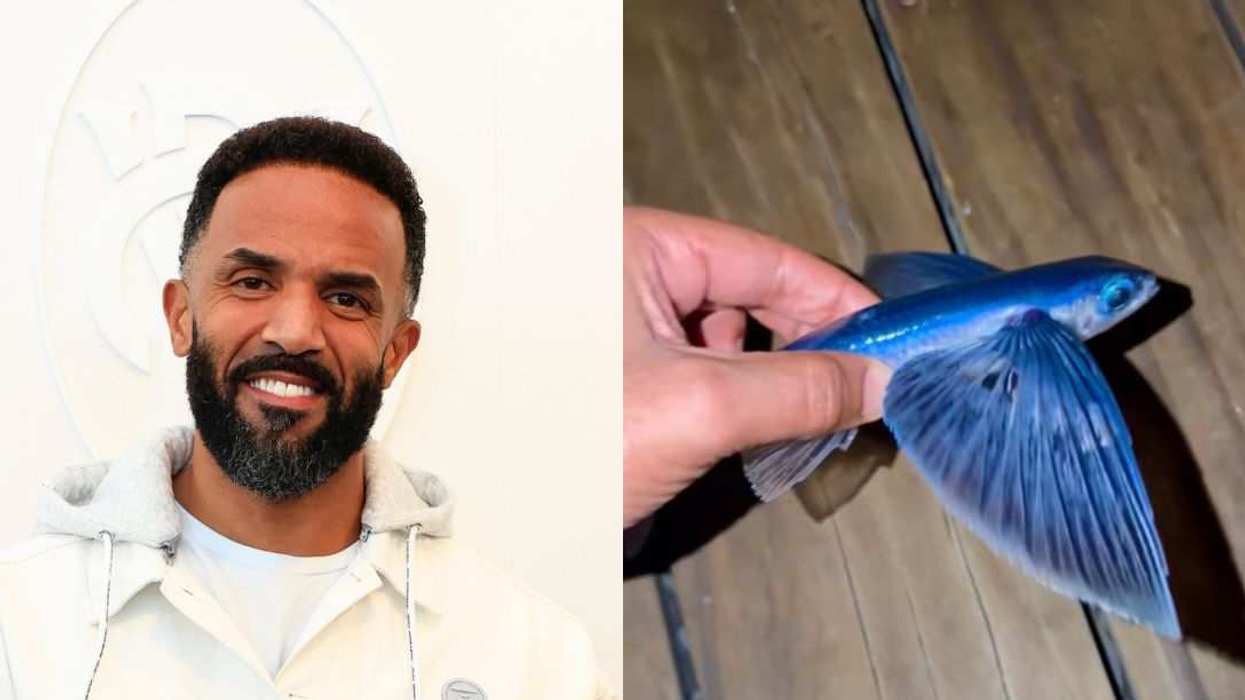The release of The New York Times documentary Framing Britney Spears on HULU has sparked a public acknowledgement of the way celebrities deal with difficult issues such as addiction and mental illness and how the public discourse around these moments used to tilt so strongly toward negativity.
Anna Nicole Smith died in 2007 from an overdose of prescription medication, all the while being lambasted by the media for her previous addiction problems. Britney Spears ended up having a very publicly advertised mental breakdown which lead to the now-infamous conservatorship.
And Lindsay Lohan was publicly berated by people ranging from Oprah to David Letterman. Letterman's clip from 2013 in particular is receiving attention for how particularly nasty it was.
More than one person has pointed out the misogyny in who became public punching bags and who didn't.
In the segment from his late-night talk show, Letterman continually pressed Lohan to reveal more and more details about her rehabilitation plans after blindsiding her with the question about going to rehab.
Letterman also used the actress's stints in rehab as the punchline for several jokes, with Lohan growing visibly more and more uncomfortable.
The whole situation, says the internet, was a recipe for Lohan being triggered.
Lohan also protests Letterman's jokes and appears to tear up at the end.
In a longer, unedited version of the clip, Lohan tears up when Letterman thanks her for being brave enough to come onto national television to talk about her problems.
However, many folks pointed out Letterman humiliated many women on his show, including Janet Jackson after her 2004 wardrobe malfunction during the Super Bowl.
Lohan's addictions and vices were major topics of conversation throughout mid-2000s celebrity culture.
Other celebrities participated in harassing her. For example, P!nk's music video for her song "Stupid Girls" featured a grossly exaggerated version of Lohan driving a car into various pedestrians, and also makes fun of several other prominent celebrities of the era such as Jessica Simpson and Paris Hilton.
Humans are forever retrospectively looking back at their former behaviors and cringing. In the new era of the United States which we are entering, where states like Oregon have de-criminalized all drug offenses and offer rehabilitation services as an alternative, re-examining this period in shaming people for their addictions makes sense.
Hopefully, humans learn compassion and empathy from this.














 @TweetforAnnaNAFO/X
@TweetforAnnaNAFO/X

 Steve Urkel Oops GIF
Steve Urkel Oops GIF  Moon Walk Dance GIF
Moon Walk Dance GIF  The Office Monday GIF by 20th Century Fox Home Entertainment
The Office Monday GIF by 20th Century Fox Home Entertainment 